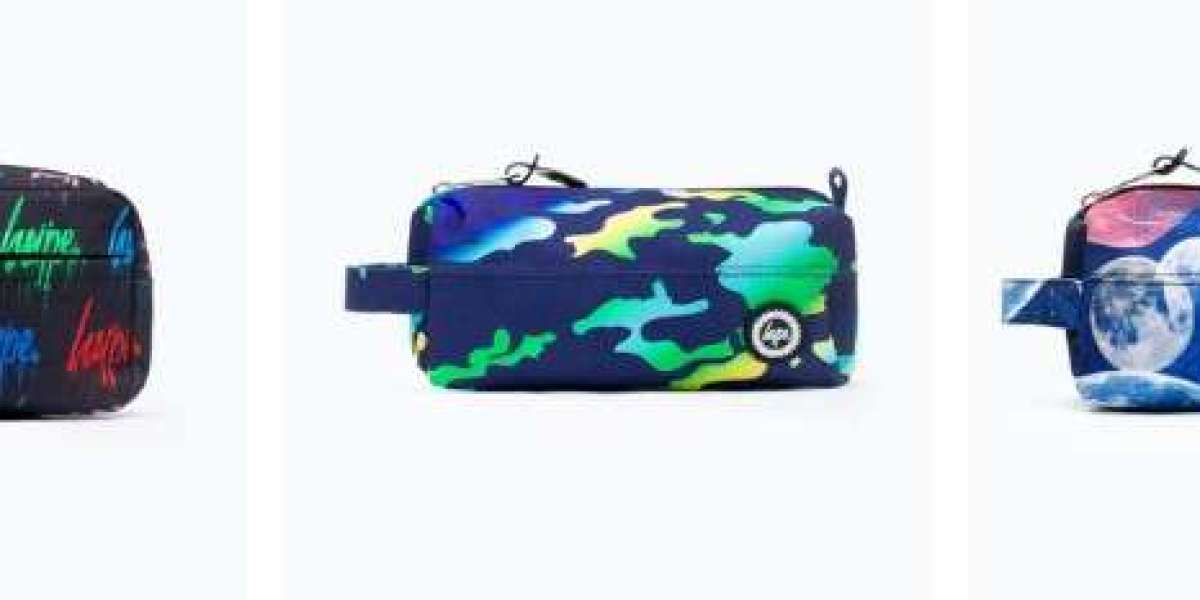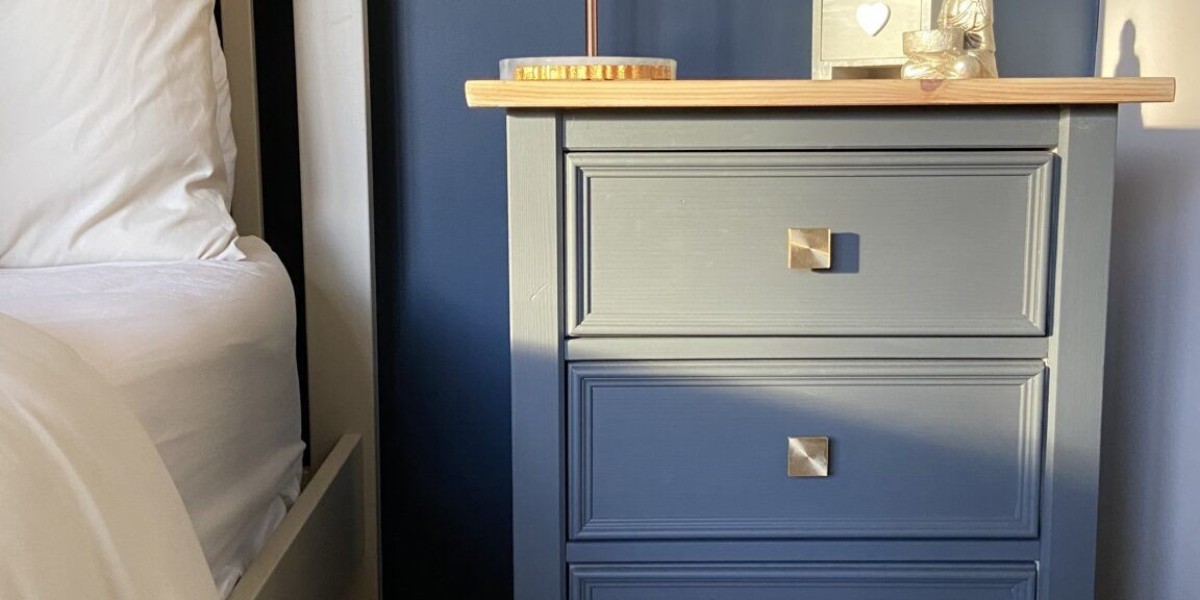In today's environmentally aware society, making sustainable choices extends beyond major purchases and into everyday items, including pencil cases. As we become more conscious of our environmental impact, choosing eco-friendly pencil cases has become a crucial part of adopting a more sustainable lifestyle. By considering the materials used in these everyday items, we can contribute to reducing waste and supporting sustainable practices. So, what exactly makes a pencil case eco-friendly, and which materials should you consider?
The Role of Sustainable Materials
Choosing eco-friendly materials for pencil cases is not just about helping the environment; it also enhances the durability and functionality of the product. Sustainable materials are often more resilient, meaning your pencil case will last longer and won't need frequent replacement. When selecting materials, it's crucial to opt for those that are renewable, biodegradable, or made from recycled content. These materials contribute to reducing waste, can decompose naturally, or be repurposed at the end of their lifecycle, ensuring they don't end up in landfills.
Recycled Fabrics: Breathing New Life into Old Textiles
One of the most effective ways to minimise waste is by repurposing existing materials. Many eco-friendly pencil cases are made from recycled fabrics, which breathe new life into textiles that would otherwise be discarded. These fabrics can originate from various sources, such as recycled plastic bottles or repurposed cotton. For instance, recycled polyester is a popular choice for eco-friendly pencil cases due to its durability and lower environmental impact compared to virgin polyester. By choosing a pencil case made from recycled fabrics, you're not only helping to reduce the demand for new materials but also cutting down on energy consumption associated with manufacturing new textiles.
Organic Cotton: A Biodegradable and Sustainable Choice
Organic cotton is another excellent material for eco-friendly pencil cases. In contrast to conventional cotton, which relies on harmful pesticides and synthetic fertilisers, organic cotton is grown without these chemicals, making it a cleaner option. This makes it much gentler on the environment, as it avoids soil degradation and water pollution. Organic cotton is also a renewable resource, meaning it can be replanted and harvested year after year without depleting the soil. Moreover, organic cotton is biodegradable, which means that if your pencil case eventually wears out, it will decompose naturally, unlike synthetic materials that can persist in landfills for hundreds of years.
Cork: A Stylish and Sustainable Option
Cork is a remarkable material that eco-conscious consumers often overlook. Cork comes from the exterior sailboat of cork oak trees, which can renew itself over time. This natural regeneration process makes cork a sustainable and environmentally friendly option. This durable and water-resistant material also offers a distinctive texture, adding a unique aesthetic to your pencil case. The sustainable harvesting of cork does not harm the trees, ensuring it remains one of the most eco-friendly materials. Choosing pencil cases made from cork supports sustainable practices and provides a stylish and practical option for eco-minded individuals.
Hemp: Durable and Environmentally Friendly
Hemp is another excellent material for eco-friendly pencil cases. Known for its strength and durability, hemp is one of the fastest-growing plants and requires minimal water and no pesticides to thrive. This makes it an incredibly sustainable option. Hemp pencil cases are renowned for their resilience and natural resistance to wear and tear, ensuring that they last longer than many conventional materials. Additionally, hemp is biodegradable, which means that when your pencil case reaches the end of its lifespan, it will break down naturally without leaving behind harmful residues.
The Benefits of Eco-Friendly Pencil Cases
Investing in eco-friendly pencil cases offers numerous benefits beyond just environmental impact. These materials often provide superior durability, meaning you won't need to replace your pencil case as frequently, which can save you money in the long run. Additionally, many eco-friendly materials offer unique textures and styles that can add a distinctive touch to your daily essentials. By choosing products made from recycled fabrics, organic cotton, cork, or hemp, you're not only making a responsible choice for the environment but also enjoying a product that is well-crafted and stylish.
Making a Difference with Your Choice
Choosing eco-friendly pencil cases is a small yet impactful step towards reducing your environmental footprint. By selecting materials such as recycled fabrics, organic cotton, cork, or hemp, you're making a positive contribution to both your own life and the planet. These materials support sustainability, offer durability, and provide a practical and stylish solution for your organisational needs. Whether you're a student, a professional, or simply someone who values eco-conscious choices, investing in an eco-friendly pencil case can make a significant difference in your everyday life, helping to reduce waste while keeping your supplies neatly organised.
In conclusion, the shift towards eco-friendly pencil cases represents a meaningful step in the journey towards a more sustainable future. By understanding and selecting materials that align with eco-conscious values, we can all contribute to a healthier planet and enjoy products that are both functional and kind to the environment.








